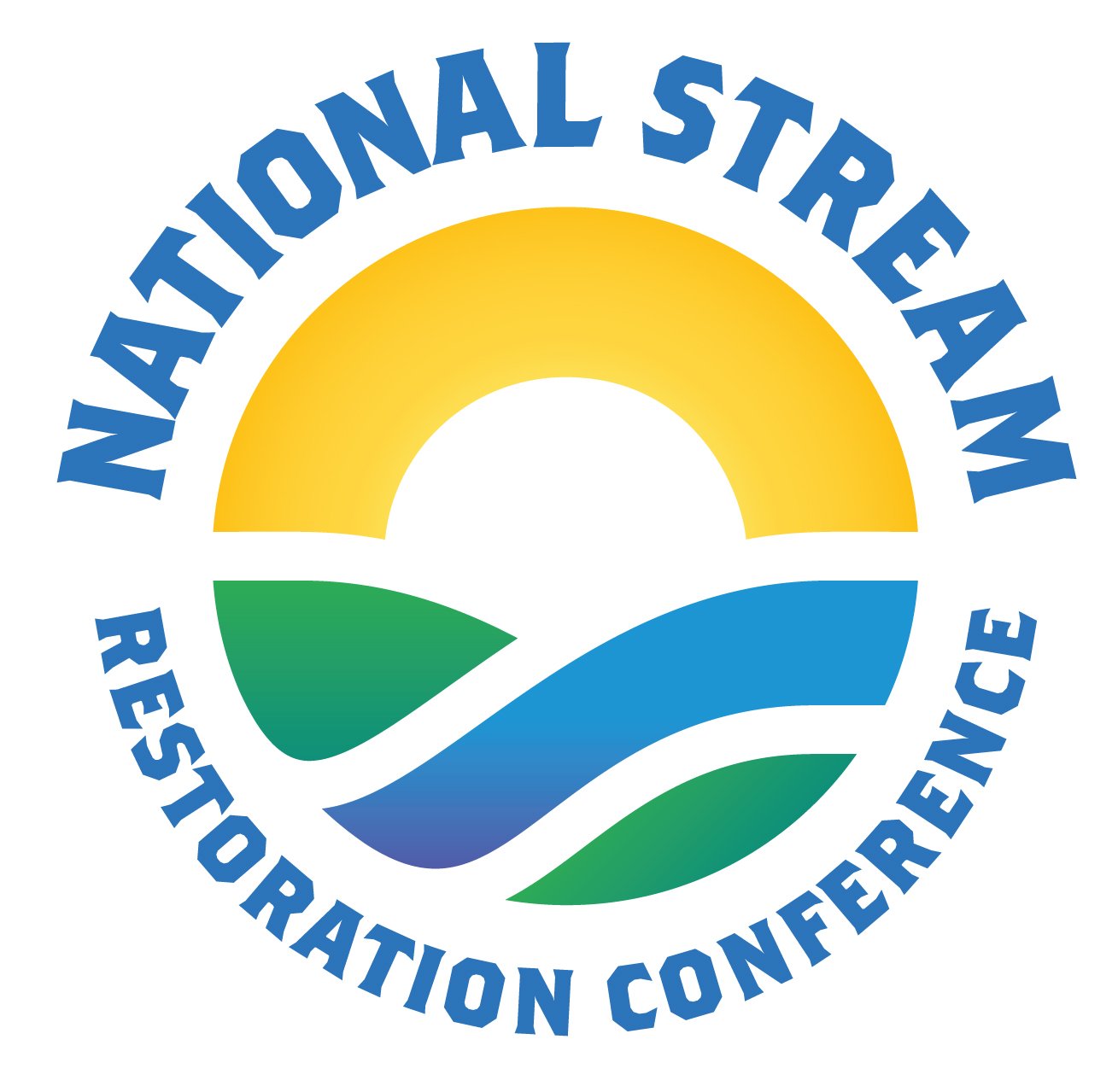Watershed Response Factor – Global Implication
David Bidelspach, PE
Design Engineer and Partner
5 Smooth Stones Restoration, PLLC
Livermore, CO
Regional hydraulic geometry relationships (i.e. regional curves) have been developed for many gaged and un-gaged streams throughout the USA over the past 60 years. These relationships are valuable for documenting the degree of departure from equilibrium of unstable stream reaches and for evaluating bankfull channel geomorphic design parameters for restoration planning. Regional curves are most applicable for alluvial stream systems where bankfull terraces are formed over a long period of flood flow sediment deposition. Field variability and uncertainty in identifying bankfull terrace elevations may result in poor relationships that should be used carefully in stream assessment and restoration practice. This presentation summarizes regional curve development work by practitioners and researchers at RiverSHARED.org over the past 15 years and introduces the Watershed Response Factor (WRF) as a valuable tool for analyzing and extrapolating regional curves. The WRF is a scaling factor for the channel dimension vs. watershed area relationship with a strong dependency on total annual precipitation for the region of interest. The WRF has been applied throughout the USA, Canada, Costa Rica, Sri Lanka, and England to estimate hydraulic geometry relationships for stream assessment. Being able to identify a relationship, such as the WRF, or other relationship to more quickly establish design parameters could have global implications. The WRF would be a useful tool in developing countries; places where it is not feasible to perform a regional curve assessment; or where data, access, or funding is not available. The WRF may allow stream restoration to improve the environment in these areas a possibility. This relationship informs the stream design parameters and construction, reduces construction time and cost and additionally, allows for remote project assessment and monitoring.
About David Bidelspach, PE
David (Hebrew) = “Beloved”
Bidelspach (Beutsbacher -German) = “One who works from a bag by the streams”
David has been “Beloved” since 1977 and desires on the good days to share this love with others. He has worked and played in streams since 2002, when he was drafted by Greg Jennings at NCSU. Nomadically, his family has lived from bags, while traveling to distant lands to work with streams and rivers. David’s community desire is to train others, to share the gift of ecosystem restoration and to be in wonderment and awe of nature. Mr. Bidelspach wants to encourage others to spring up among the ordinary green grass, like willows by flowing streams.

